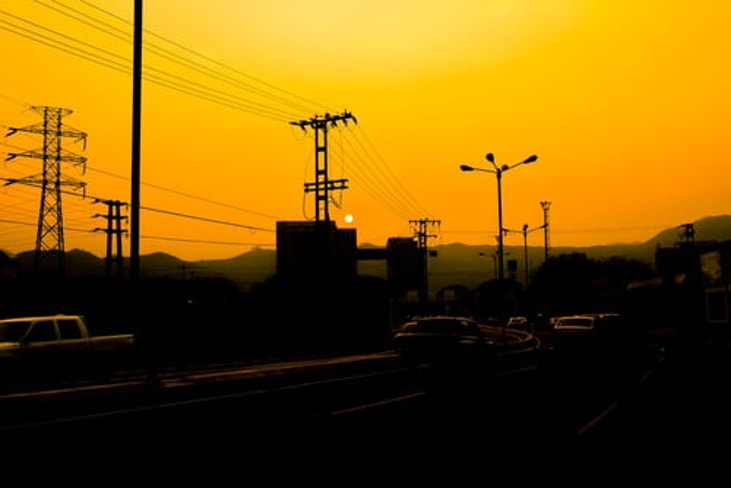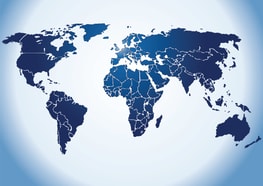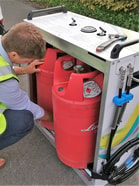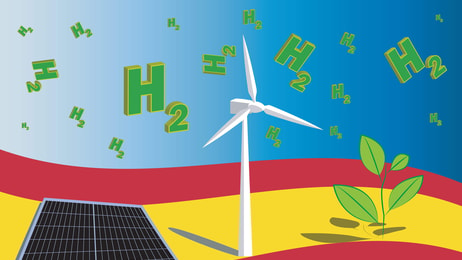Iberian power outage illustrates industrial gas risks
Power outages sweeping across Spain and Portugal today (28 April) have disrupted transport networks, industries and telecommunications, raising questions about the resilience of the Iberian energy grid and its reliance on renewables.
Electricity transmission operators such as Spain’s Red Eléctrica de España (REE) and Portugal’s Redes Energéticas Nacionais (REN) confirmed widespread blackouts beginning around 12:30pm local time, affecting major cities including Madrid, Lisbon and Barcelona, and briefly extending into southern France.
Metro systems, airports, mobile networks, and ATM services were among those brought to a standstill, while grid data showed Spanish system demand plummeting by nearly half within minutes.
The cause is so far uncertain but REN told reporters it had been triggered by a “rarefied atmospheric phenomena” in Spain caused by extreme temperature variations, which briefly caused a violent swing on a transmission line.
... to continue reading you must be subscribed




























